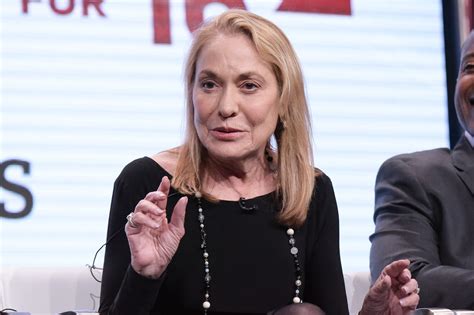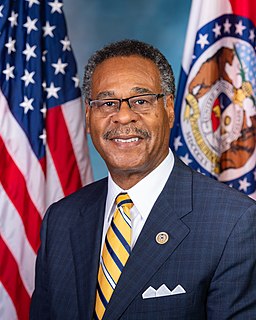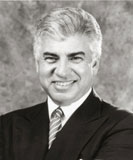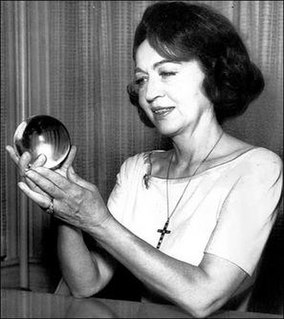A Quote by Fabrizio Moreira
In 1960, John F. Kennedy rode a superior televised debate performance to victory over Richard Nixon.
Related Quotes
Modern presidential debating only started with Richard Nixon and John F.Kennedy in 1960, although the proximity of that to the Lincoln-Douglas centennial is more than accidental. The reason is, I think, the medium. Abraham Lincoln and Stephen A. Douglas were talking, but the talking was in terms of logic, development, and reasoning. Television, as a medium, resists those qualities in speaking - it favors quick cuts, one-liners, and talking points. I think the modern debates are largely the prisoners of the televised medium
The world of TV debates is antiquated. What looked smart and modern in 1960, with Kennedy versus Nixon, looks quaint and over-rehearsed between Obama and Romney. We need a new format; even if we have the same moderators and candidates, there needs to be a more nuanced way for audiences to connect with and shape presidential debates.
I live in a country where, at least by my sense of arithmetic and justice, Al Gore should have been president, not George W. Bush. To this day, John Kerry probably thinks he won Ohio in 2004 because he had suspicions about the vote in Ohio. And, by the way, Richard Nixon had suspicions in 1960 about the vote in Chicago when he lost to JFK.
































